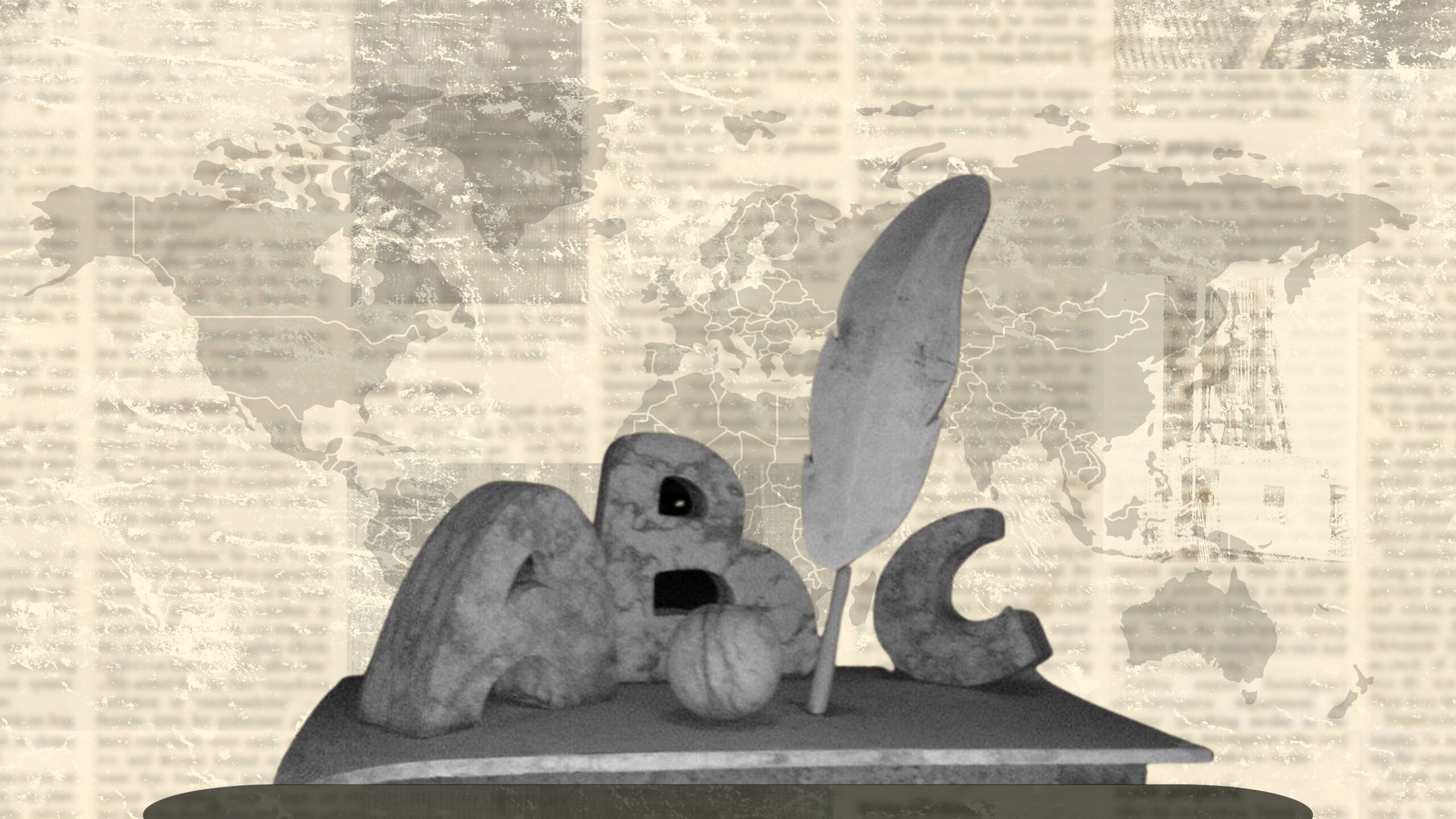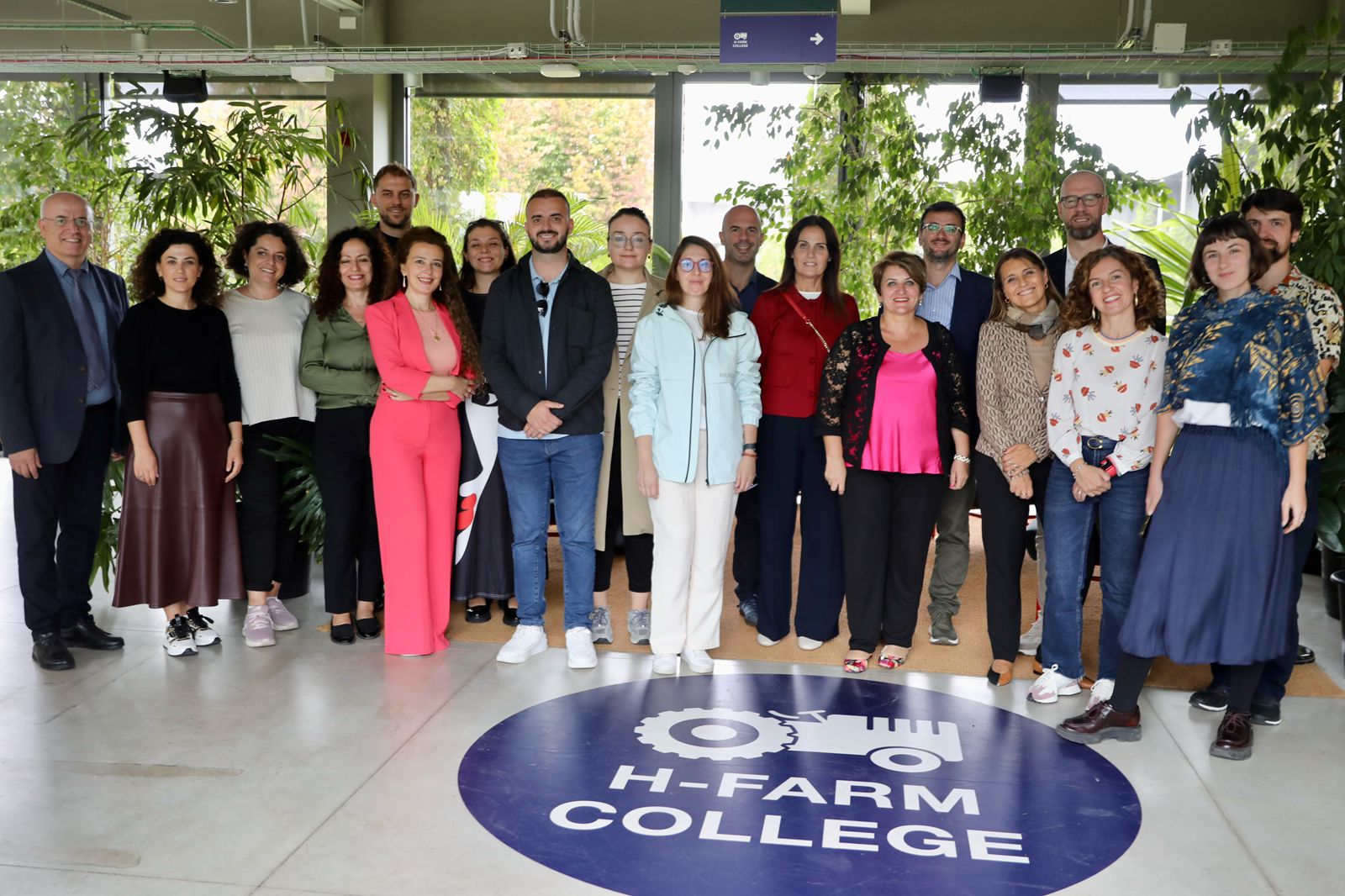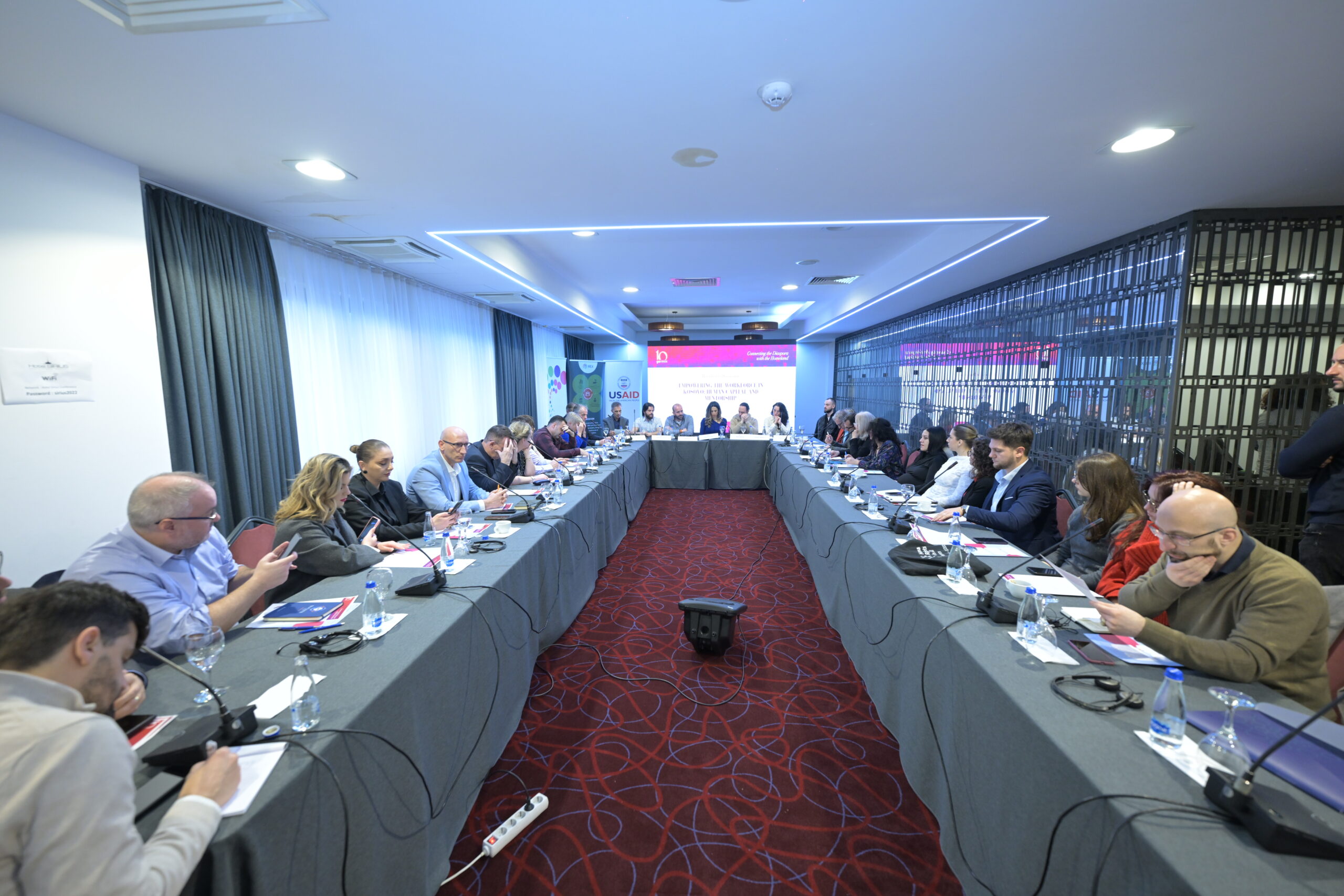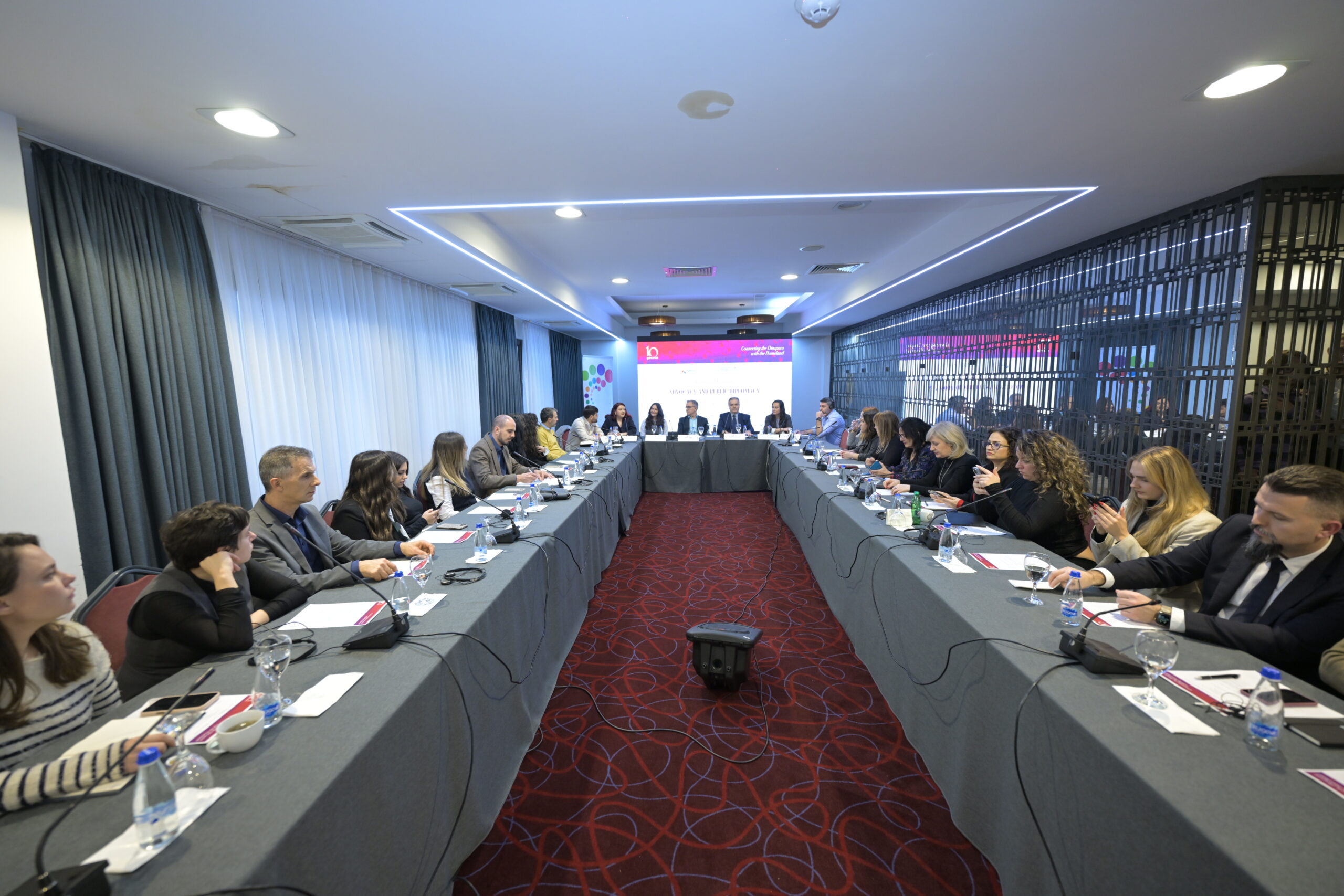The Albanian language, as the most visible sign of our national identity, is an indispensable treasure that must be preserved and spread not only within the borders of the home countries but everywhere Albanians live. Today, in a globalized world, preserving the mother tongue in the diaspora requires commitment, cooperation, and sustainable strategies. Although valuable voluntary efforts have been made by teachers and Albanian associations worldwide, the challenges of organizing supplementary Albanian language education in the diaspora today are numerous and complex. Teaching the Albanian language is not simply an educational matter but an effort to preserve cultural identity and resist assimilation.
Main Challenges in Preserving and Teaching the Albanian Language Abroad
One of the biggest challenges faced by Albanian language teachers in the diaspora is the lack of a unified system of teachers and their organization. In many countries, Albanian language teaching depends on voluntary initiatives by teachers and local associations. This leads to a lack of coordination and different curricula that sometimes do not fit the students’ needs. For example, in Germany, where many Albanian communities exist, Albanian language teaching is not standardized. Some teachers work with curricula approved by the Ministries of Education of Albania and Kosovo, while others create materials from scratch. This lack of a uniform approach makes it difficult for students to follow a clear path in learning their mother tongue.
Another major problem is the lack of financial and institutional support. Many teachers work voluntarily, without pay or assistance from the countries they live in. In some cases, even when a law allows Albanian language teaching, bureaucratic procedures and lack of funding make its implementation difficult. For example, in Turkey, where there is an agreement between the governments of Kosovo and Turkey for Albanian language teaching, public schools are suspended until 2025. This leaves teachers and parents in an uncertain position, making it hard to maintain and cultivate the language in that country.
Problems with textbooks and curriculum represent another obstacle. Although a curriculum approved by the Ministries of Education of Albania and Kosovo exists, schoolbooks are not always suitable for the needs of students in the diaspora. Often, students come from families where Albanian is not actively spoken, requiring a more specialized approach and adapted materials. Furthermore, the diversity of classes, where students of different ages and language proficiency levels share the same learning environment, makes teaching even more challenging.
Recommendations for Preserving and Promoting the Albanian Language Abroad
To overcome these challenges, a clear and coordinated plan is necessary.
First, a unified curriculum should be developed and implemented in all countries where supplementary Albanian language teaching takes place. This curriculum must be flexible and adaptable to the different needs of diaspora students. The Ministries of Education of Albania and Kosovo should lead this effort, ensuring all teachers have access to the necessary materials and resources.
Another important step is increasing financial and institutional support from the home countries. Teachers in the diaspora should have the opportunity to work under better conditions, with salaries and logistical assistance. This also includes support for the nostrification of diplomas so that teachers can integrate into local educational systems. Moreover, cooperation between Albania, Kosovo, and the countries where Albanians live should be strengthened, so Albanian becomes an elective subject in local schools.
Improving textbooks and creating a digital platform are two other important steps. Textbooks should better fit the needs of diaspora students, taking into account the diversity of classes and language proficiency levels. A digital platform would ease communication between teachers and allow the exchange of materials and experiences. This would be especially useful for teachers working in different countries who need a common source of information.
Regular training and seminars for teachers in the diaspora are also essential. These trainings should focus on teaching heterogeneous classes and using technology in education. Additionally, opportunities should be created for Albanian language certification so that it gains international recognition as an important global language.
Conclusion
Preserving the Albanian language in the diaspora is a national duty that requires the commitment of all institutional and non-formal actors, a well-structured approach, and sustained support. Without a unified program, institutional support, and materials tailored to student needs, individual efforts remain fragmented and hard to develop in the long term. Coordination between educational institutions in Albania and Kosovo, funding for teaching, teacher training, and digitization of resources are key steps to ensure the continuity of the Albanian language as part of cultural and national identity. To achieve concrete results, stronger institutional engagement and sustained cooperation among all involved parties are essential.
—
This article was produced with the support of the regional project “SMART Balkans – Civil Society for Shared Values in the Western Balkans,” implemented by the Center for Promotion of Civil Society (CPCD) in cooperation with the Institute for Democracy and Mediation (IDM), and the Center for Research and Policy Making (CRPM), and financially supported by the Norwegian Ministry of Foreign Affairs (NMFA). The content of this article is the sole responsibility of the authors and does not necessarily reflect the views of the Norwegian Ministry of Foreign Affairs (NMFA).




